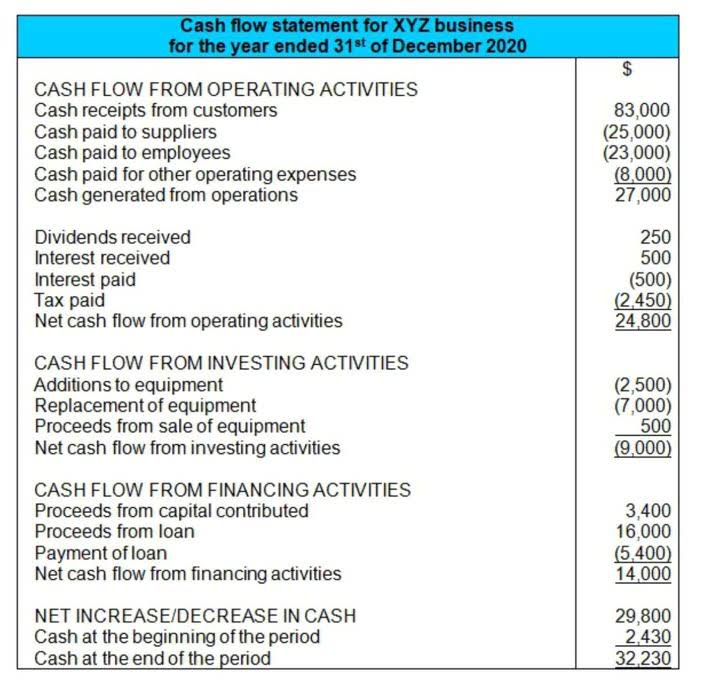
Failure to pay can lead to penalties, interest, audits, or even legal action. Without organized records, it’s nearly impossible to file accurate tax returns. Worse, if you’re ever audited, missing or incomplete records could result in penalties or interest charges.

Invoice management
Legal ops teams need access to robust data to make strategic financial decisions and to demonstrate their value. With real-time spend data stored in one central location, a legal e-Billing solution gives you greater access to granular legal analytics and custom reporting options. This allows you and your team to make more informed decisions that strengthen the company. You are responsible for reading, understanding, and agreeing to the National Law Review’s (NLR’s) and the National Law Forum LLC’s Terms of Use and Privacy Policy before using the National Law Review website. The National Law Review is a free-to-use, no-log-in database of legal and business articles. The content and links on are intended for general information purposes only.

Cloud Based SaaS: The Future Of Legaltech

CaseFox offers powerful features to manage cases, clients, and accounts efficiently. CaseFox helps solo practitioners in improving their legal services with robust features. Armed with billing data, you can make decisions based on what’s legal e-billing working, and what areas your firm can improve. The spend management side simplifies managing accruals and can use the data to generate estimates vs. actuals reports.

The Evolution of Legal Billing: Moving Beyond Traditional Methods with RunSensible

Any bookkeeping and payroll services legal analysis, legislative updates, or other content and links should not be construed as legal or professional advice or a substitute for such advice. If you require legal or professional advice, kindly contact an attorney or other suitable professional advisor. The adoption of legal e-billing systems may involve initial setup costs, including software licensing fees, customization, and training expenses.
- These details are coded against the appropriate activities to ensure a faster, transparent, and more effective e-billing system for an improved client-centred experience.
- Legal e-billing is the process of automating the submission, review, and approval of invoices at a law firm.
- Relying on spreadsheets or paper records amplifies the chances of mistakes, which can ultimately harm a firm’s reputation.
- The choice means we see repeat usage across all our payment types by our customers but not 100 percent adoption, which tells us we’re building a platform that can continue to grow and extend.
Top 5 Benefits of Using Immigration Case Management Software in Your Law Practice
- The legal industry is undergoing a pivotal transformation, and billing practices are at the forefront of this change.
- Crowdsourced funding, often used in public interest cases, broadens access to justice but requires careful oversight to ensure success.
- Law firms must carefully evaluate their budget constraints and weigh these costs against the anticipated long-term benefits.
- Legal e-billing software makes sure that it adds value to law firms rather than being a source of conflict between them and their clients.
- In addition, BILL provides SMBs with clearer insight into their businesses for improved financial forecasting.
- RunSensible addresses these inefficiencies through its automated billing tools.
It aims to standardize how timekeepers describe and define their work on legal invoices. Adopting eBilling systems offers a range of benefits for in-house legal teams. Mobile applications, including those designed for iPads and other tablets, have become essential for lawyers on the move. For example, an iPad invoice app would allow you to generate and send invoices directly from your portable device — billing workflows that keep up with your busy pace.
- Every minute spent must be properly coded and billed to ensure lawyers are paid for their services.
- By transitioning to a fully digital system, firms can also align with eco-friendly practices, reducing their reliance on paper.
- Law firms can save valuable time and reduce operational costs by eliminating manual data entry and streamlining invoicing.
- Prospective applicants who have questions about the application process can send their questions to the DFS Virtual Currency Unit staff, at email protected.
- A Legal Trends Report 2020, believes that attorneys on average record only 2.5 billable hours per day, with the rest of their day consumed by less important non-billable tasks.
- When your business has a clear policy in place, everyone—lawyers, employees, and clients are aware of how electronic billing is handled.
These solutions are easy to implement, proven to increase revenue, intuitive to use, and securely synced with the cloud, so there’s no good reason not to use them. In conclusion, legal e-billing stands as a transformative force in modern legal billing processes. The benefits of real-time tracking, transparency, and detailed breakdowns contribute to more efficient and accountable legal practices. However, it is essential for law firms to carefully weigh considerations and gross vs net potential hidden costs to make informed decisions about adopting and optimizing their e-billing processes. If you want your legal practice to be as successful as possible, you need an effective billing process. This involves moving beyond traditional paper billing and transitioning to electronic billing software for law firms.


 At vero eos et accusam et justo duo dolores et ea rebum.
At vero eos et accusam et justo duo dolores et ea rebum.